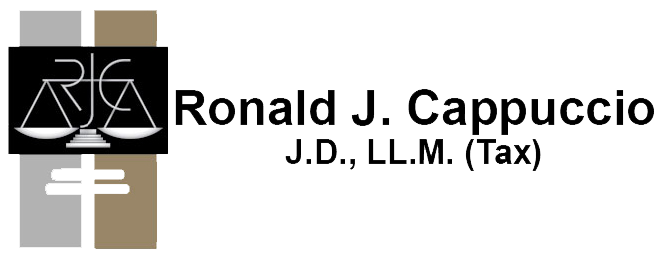Trusts
Trusts are a fundamental tool for estate and business planning. The purpose of a trust is to provide for control over financial assets. Trusts are also important for asset protection.
What is a testamentary trust?
A testamentary (versus “living”) trust can be part of your will. Unlike a living trust which takes effect upon execution, a testamentary trust only becomes effective at your death. Such trusts frequently are designed to extend the time for controlling assets given to minor children or grandchildren beyond the age of majority (18 in most states). They can also be used to protect the disabled and elderly. Sometimes, testamentary trusts can be used as part of a tax savings plan.
What is a living trust?
A living trust, legal known as an intervivos trust is effective during your lifetime. Typically, your trustee manages your assets for your benefit during your lifetime, as well as directs the distribution of assets upon your death. Testamentary trusts are frequently used to provide continuing management of your assets in case you become incapacitated. There may also be substantial tax savings.
Who should be named as trustee?
A trustee has tremendous responsibility and obligations to follow the terms of the trust in accordance with directions of the probate court and state laws. If a family member or some close trusted individual has the capacity and business acumen to act as trustee, that is frequently your best choice. If not, you will be compelled to name a bank or institution as trustee. This can be expensive. What are the duties of a Trustee?
Why is a revocable living trust better than a power of attorney?
It has been a long-held belief among experienced estate planning practitioners that a fully-funded revocable living trust is a superior method, as compared to a power of attorney, by which to handle the long-term administration of a person’s assets after that person becomes incompetent and/or “disabled.” Reasons often cited for using a trust are:
- Banks and financial institutions will generally recognize the authority of a trustee under a trust more readily than an attorney-in-fact under a power of attorney.
- Attorneys in fact under a power of attorney operate under the law of agency, whereas trustees operate under fiduciary or trust law, and banks (in particular) and other financial institutions are more comfortable and familiar with the latter.
- Many banks and financial institutions will not recognize a power of attorney that is not drafted in accordance with (if not on) their own preferred POA forms. Supposedly, Bank of America is notorious in this regard. Some jurisdictions have laws that purport to require financial institutions to recognize POAs valid in that jurisdictions, but I am not certain how effective those laws are.
- “Springing” powers of attorney present a special set of problems in getting financial institutions to recognize the authority of the attorney in fact, because the institutions demand sufficient proof that the POA has actually “sprung” (i.e., that the principal has become incompetent), which generally slows things down at a time of crisis.
If the threat of a long-term disability and its effect on the management of one’s assets is the “disease,” then the POA is a “band-aid,” while a fully funded RLT is the “cure!”
Income Taxation Of Trusts
Income Taxation of Trusts, Form 1041, can be far more complex than individual income tax. Trust Income Tax information.
Find out more by calling Ronald J. Cappuccio, J.D., LL.M. (Tax) at 856-665-2121 or sending us an email.
